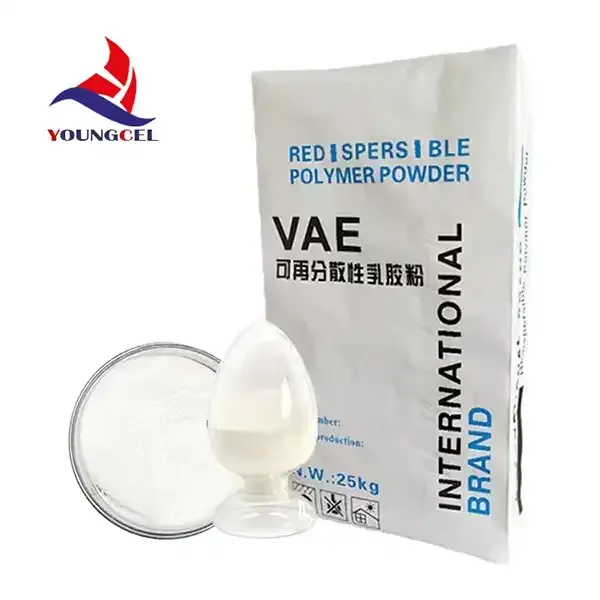The Role of Cement Additives in Modern Construction
Cement additives play a critical role in the construction industry, influencing the performance, durability, and sustainability of concrete. As the demand for high-performance materials grows, understanding the types and functions of these additives becomes essential for engineers, architects, and builders alike.
What are Cement Additives?
Cement additives are substances added to cement either at the time of grinding or during the mixing process. They are primarily used to modify the properties of cement paste, improve workability, and enhance physical performance. These additives can be broadly classified into two categories chemical additives and mineral additives.
1. Chemical Additives These are specially formulated compounds that improve the performance of cement. Common chemical additives include - Superplasticizers These help reduce the water-to-cement ratio, allowing for improved workability without compromising strength. - Retarders These slow down the setting time of the cement, which can be crucial in hot climates or large pours where extended work time is necessary. - Accelerators In contrast, these speed up the setting process, enabling quicker construction cycles and early strength gain. - Air-Entraining Agents These create microscopic air bubbles within the concrete, enhancing its resistance to freeze-thaw cycles and improving overall durability.
2. Mineral Additives These are fine powders that can enhance the performance of cement mixtures. Examples include - Fly Ash A byproduct of coal combustion, fly ash improves workability and increases long-term strength while reducing permeability. - Silica Fume This highly reactive pozzolan decreases the pore structure in concrete, enhancing durability and strength, particularly against chemical attack. - Limestone Powder It can enhance the workability of cement, contribute to strength, and improve the overall sustainability of the mix.
Benefits of Using Cement Additives
cement additives

The integration of cement additives into construction projects offers numerous benefits
- Enhanced Durability Additives like fly ash and silica fume significantly improve the durability of concrete by reducing permeability and increasing resistance to chemical attack and environmental factors. This results in structures that stand the test of time, which is particularly vital in infrastructure projects like bridges and tunnels.
- Improved Workability Chemical additives, especially superplasticizers, enhance the workability of concrete. This is crucial in complex pours and intricate designs, allowing for easier placement and finishing. As a result, less labor and less time are required to achieve consistent and high-quality results.
- Sustainability Many cement additives are byproducts, such as fly ash and slag. Utilizing these materials not only reduces waste but also lowers the carbon footprint of concrete production. As the construction industry moves toward more sustainable practices, the use of these additives can significantly contribute to greener building initiatives.
- Cost Efficiency Although some additives may have an upfront cost, the long-term savings from reduced material usage, lower maintenance needs, and prolonged service life can outweigh these initial expenses. In addition, enhanced workability can lead to faster project completion and decreased labor costs.
Conclusion
In the modern construction landscape, cement additives are indispensable. They improve the performance of concrete, contributing to structures that are not only stronger and more durable but also more sustainable. As advancements in materials science continue to evolve, the potential for new and innovative cement additives will only increase, paving the way for smarter construction solutions. Understanding and utilizing these additives effectively will help engineers and builders meet the growing demands of the industry while promoting sustainability and efficiency. As we push toward a future with more sophisticated and environmentally-friendly building practices, cement additives will undoubtedly play a pivotal role in shaping the construction of tomorrow.






